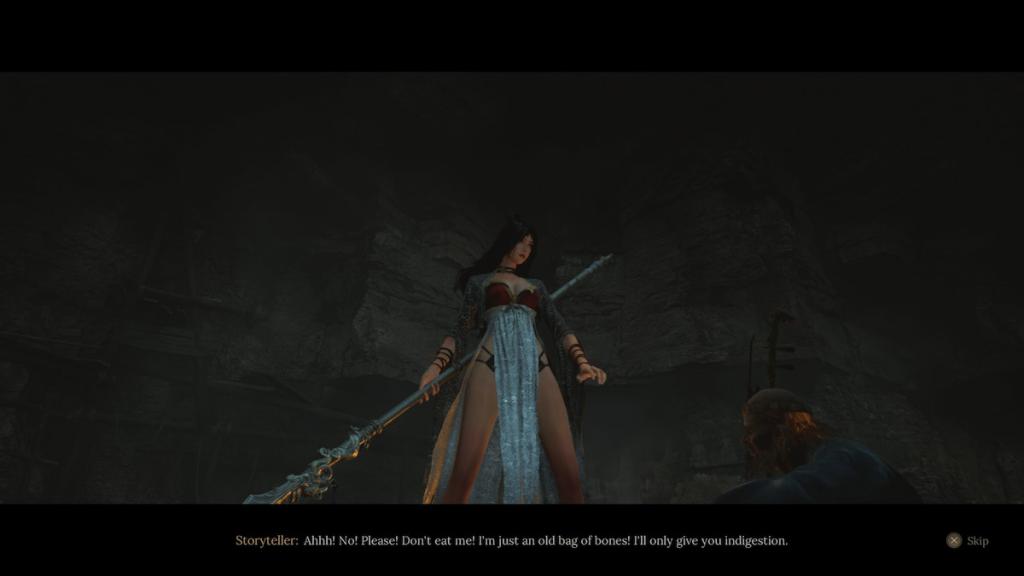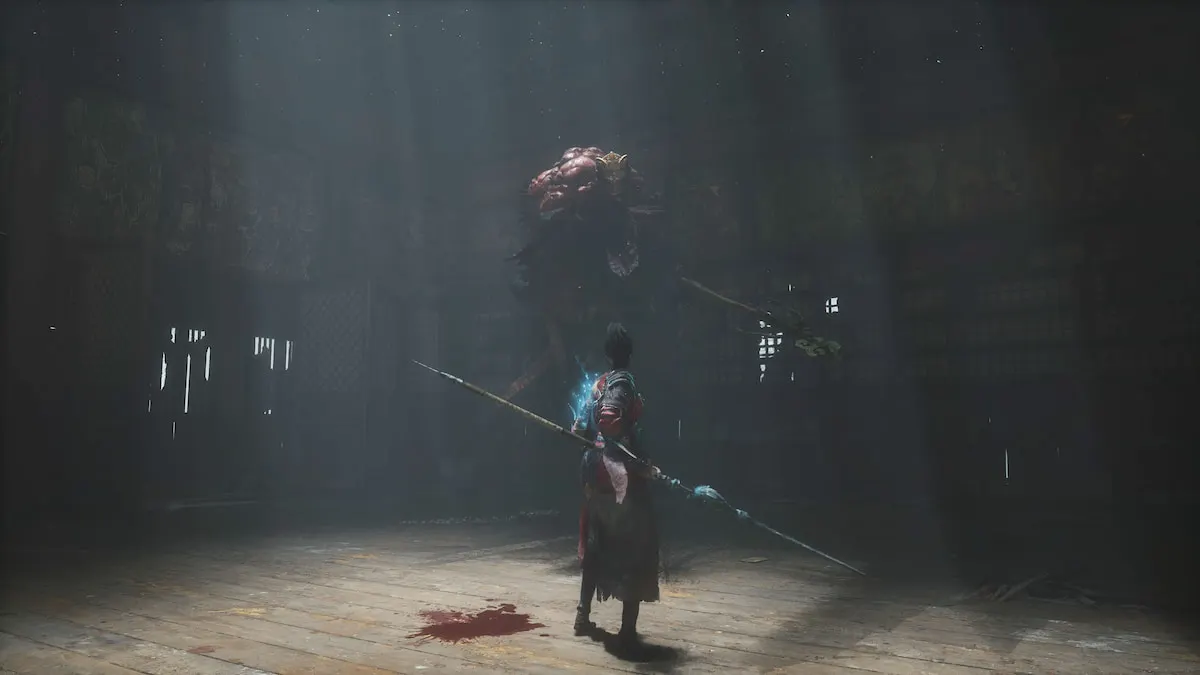
WUCHANG: Fallen Feathers feels like a bit of a love letter to the origins of the Soulslike genre, for better or worse.
Dark Souls and Bloodborne fans who feel like the streamlining of the formula over recent games like Elden Ring has watered down the experience will find pleasure in the pain, but others (like myself) may find the gameplay a bit cumbersome in comparison to recent entries in the genre.
Set in the late Ming Dynasty era of China, WUCHANG is not entirely without value, but I found it to be a mostly forgettable new entry in a long line of Dark Souls-inspired creations.
Majestic masochism

WUCHANG: Fallen Feathers‘ main appeal seems to be in its punishment of the player. I’ve played a myriad of soulslike games over the past nearly two decades, but none ever felt too unfair or unfun for me from a gameplay standpoint. At certain times, WUCHANG broke that mold for me.
Story-wise, the game does not hold your hand much at all, similarly to From Software titles. The premise is that Wuchang, the player character, is a pirate warrior who wakes up with amnesia and a mysterious illness called Feathering, which is slowly killing her but also granting her powers. It’s up to you to unravel the mystery, and it’s in these similarities to the games WUCHANG was inspired by that there’s some nostalgic joy to be found.
This same illness is affecting people and animals nearby, and they are your fodder for combat. You’re tasked with unfolding the story and figuring out where you need to go by talking to other NPCs, defeating bosses, and following the occasional chirping bird that looks to point you in the direction you need to go next.
This hands-off storytelling approach will be welcome to some, while a complete turnoff to many, and I can see where both sides would come from in that regard, as developer Leenzee Games describes the game as “primarily linear with semi-open elements.” Either way, I found WUCHANG’s plot itself to be nothing special, unfortunately, although the allure of exploring this particular time period was enough to keep me pushing through the pain.
While discovering the story, there are segments in WUCHANG similar to some of the most difficult or annoying areas ever made in Souls games, such as Blightown or Lost Izalith in the original Dark Souls. There’s an area near the first half of WUCHANG that evokes similar feelings of rage, but it felt like Leenzee was just trying to ratchet it up to another level just for the sake of saying, “now THIS is hard.”
The area in question includes multiple types of poison, several enemies that stun-lock you, and even ranged enemies who can stun you with gunfire. It’s not fun or intuitive. It’s just annoying, regardless of how the game encourages you to switch up your armor depending on different afflictions.
Familiar, like a fever

The main satisfaction WUCHANG, for me, comes by way of its Skyborn Might mechanic, which basically gives you ability charges by hitting enemies in succession (R1 for light attack, R2 for heavy attack) or dodging the enemy’s attacks. You then use those charges up by triggering a Discipline Attack or Weapon Skill (L1 and L2) that can be equipped on each of the game’s variety of period-appropriate weapons.
The combat cadence of dodging, using an ability, hitting the enemy a few times, using an ability again to keep the combo going before retreating and regaining stamina is pretty fun, and the game’s distinct twist on the soulslike formula. Boss fights are especially reliant on the mastery of this combat system for success.
I just wish that Wuchang’s movements and attacks felt more fluid. Everything is slower than I would hope for, and one of the most annoying features of the game is how all types of platforming are nonexistent. In fact, Wuchang has to brace herself and grunt after stepping off minor ledges, sometimes losing health, and it just feels awkward, clumsy, and frustrating.
WUCHANG’s other spin on the genre, though, is just another form of punishment. The more you die, the more Wuchang becomes corrupted by an Inner Demon. When fully corrupted, a powerful demon enemy will spawn at your last death spot in an attempt to prevent you from gathering your dropped currency, Red Mercury (like Souls, used to both level up and purchase items).
It’s a very tilting mechanic, especially since it compounds the more you die in a certain area, only to be met by a powerful, evil demon who looks to ruin your day further. The one upside to this Inner Demon is that it will also attack other enemies, so in theory, you can kite it towards something else to have it deal damage and distract them for a bit. But in reality, it’s just another pain in the ass to overcome.

Speaking of pain, the game’s performance on PC left a lot to be desired during the review period, but a launch week patch seems to have fixed most of the problems I was having. I’m not sure how the console version runs, but I’d go with that for now or wait for some optimization updates for PC, because it was a pretty big drag on my overall experience. As an Xbox Game Pass title on day one, though, I can recommend it easily.
There’s a solid game somewhere inside WUCHANG, but it falls short of greatness in several areas, including the fact that this genre is really starting to feel a bit tedious and saturated in 2025. But if you’re craving some of that early early 2010s punishment era Soulslike feeling, this game may really resonate with you.
The post WUCHANG: Fallen Feathers review – A promising Soulslike stuck in the past appeared first on Destructoid.
